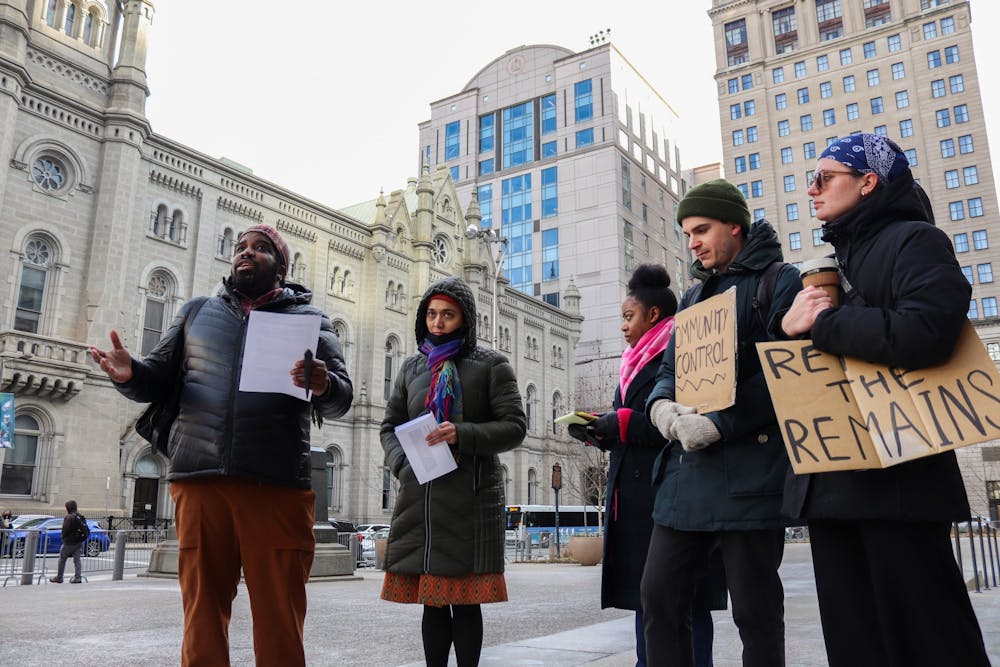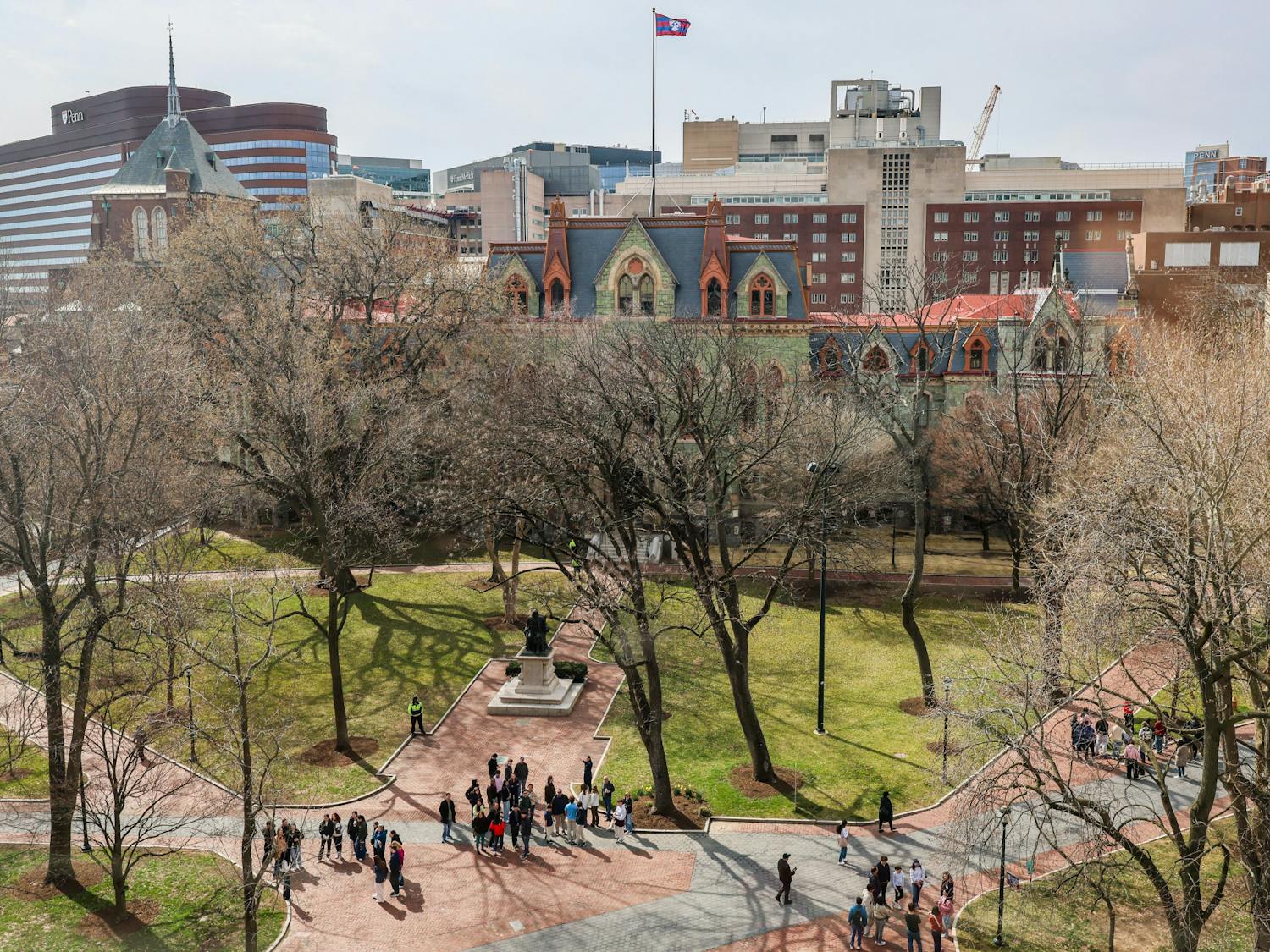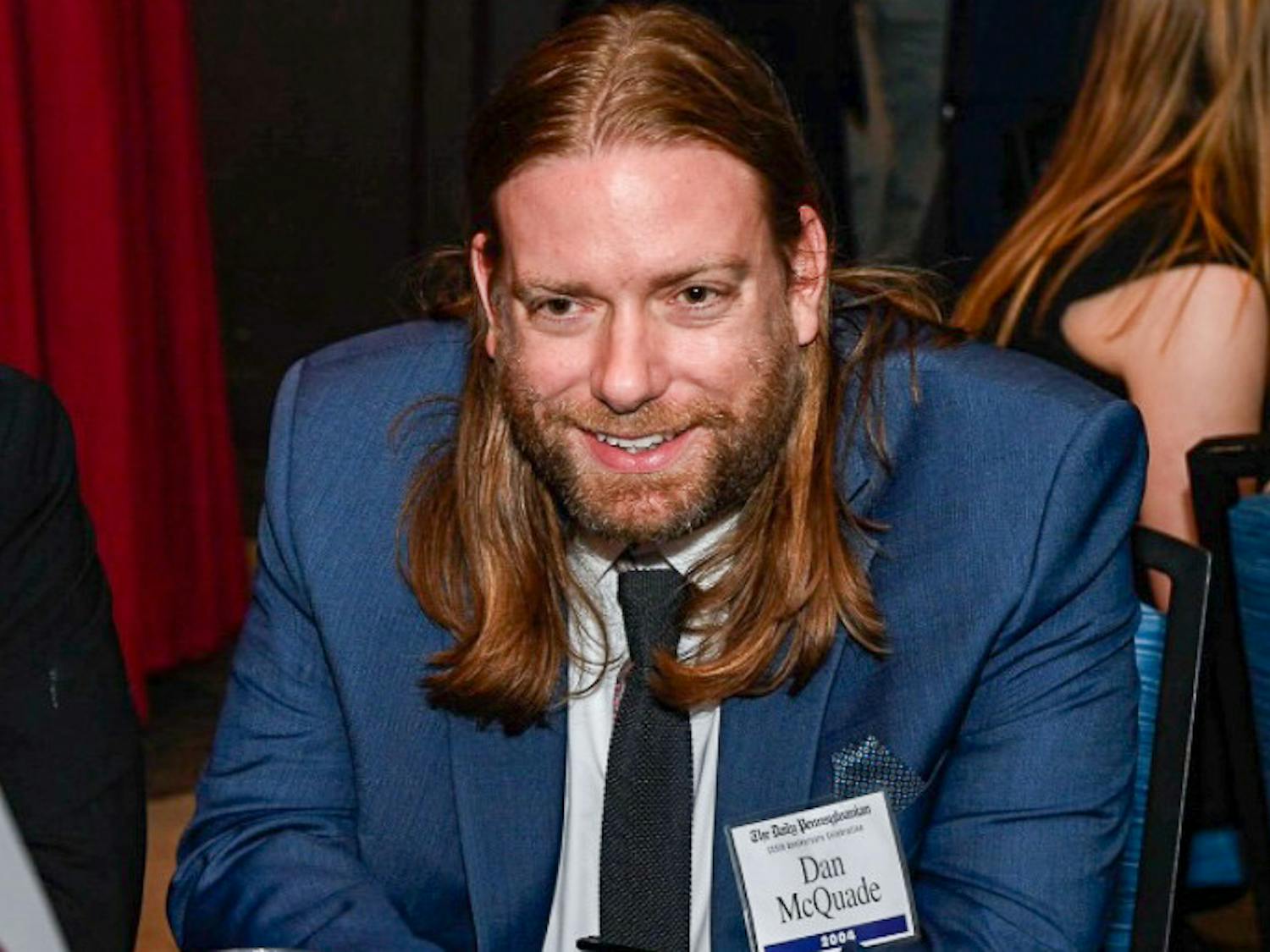In the Orphans’ Court hearing regarding Penn Museum’s petition to bury the remains of Black Philadelphians in the Morton Collection, judge Sheila Woods-Skipper ruled that the opposing party had no standing on Feb. 2.
This ruling means that the opposing party — Rutgers professor Lyra Monteiro and community activist Abdul-Aliy Muhammad — are nullified from participating in court procedures. While Thursday’s ruling overturned the opposing party’s standing, the judge did not approve Penn Museum’s petition. A decree laying out next steps regarding the Morton Collection will be issued at a later date, according to The Philadelphia Inquirer.
In the week before the hearing, Penn Museum’s attorneys indicated that they would be challenging Monteiro and Muhammad’s standing, filing a motion to have them removed from court procedures, according to Monteiro.
During Thursday’s hearing, this motion was among the initial claims addressed in the courtroom.
“The judge’s ruling decided that instead of being able to call our own witnesses, [being] able to present our proposal, we were silenced completely,” Monteiro said.
In July of 2022, Monteiro and Muhammad had filed objections to Penn Museum’s petition, arguing for descendant community members — rather than the Museum — to be responsible for seeing the return of the collection. The objections were filed in response to Penn Museum’s petition requesting to bury at least 13 Black Philadelphians from the collection in May of 2022.
The Morton Collection is a collection of over 1,300 skulls collected by Penn graduate Samuel Morton, who had obtained the remains unethically and used them to justify white supremacism.
The next steps regarding the hearing will occur at a later date.
RELATED:
Court hearing to address future of Black Philadelphians' remains held by Penn Museum
ProPublica investigation finds Penn Museum holds Native American remains, despite federal law
Brother of 1985 MOVE bombing victims sues Penn, City of Philadelphia for mishandling of remains
In response to this update in the hearing, a Penn Museum spokesperson wrote “the Philadelphia Orphans’ Court will later decide the Penn Museum’s request to respectfully bury and lay to rest the cranial remains of 20 individuals at a historic African-American cemetery and commemorate them with a public memorial service. We look forward to the Court’s decision.”
Among Monteiro and Muhammad’s objections was for Penn Museum to do additional archival research regarding the Morton Collection.
“[The museum] continues to claim that they can’t do archival research to identify individuals,” Monteiro said. “Some of our witnesses wrote in letters, and the judge did read into the record the letters that have been sent by people about how much research is possible in terms of identifying people and their descendants.”
Most recently, Harvard University published a report recognizing the need to perform archival research on every enslaved individual and identify descendant communities before taking next steps.
Prior to the court hearing, Monteiro and Muhammad also addressed a crowd gathered outside of City Hall.
”This really was our first time to be able to be in person with people who are engaged and supportive of this work,” Monteiro told The Daily Pennsylvanian on Sunday, reflecting on the crowd gathered before the hearing. “The question of whether or not there is a next step for us in this work is yes.”
Monteiro expressed frustration over the ruling that threw out their objection.
“I think the hardest thing about it was [having] to sit through [the hearing] and not being able to have a say,” Monteiro said about Thursday’s hearing.









